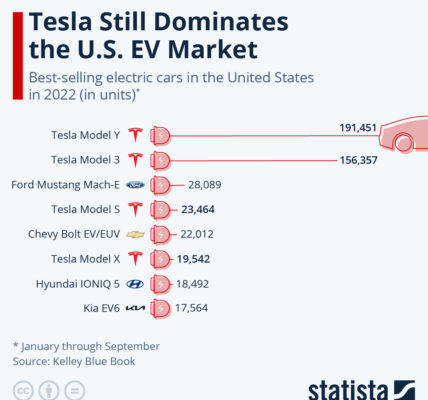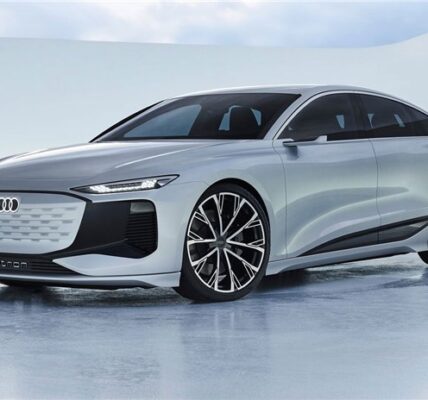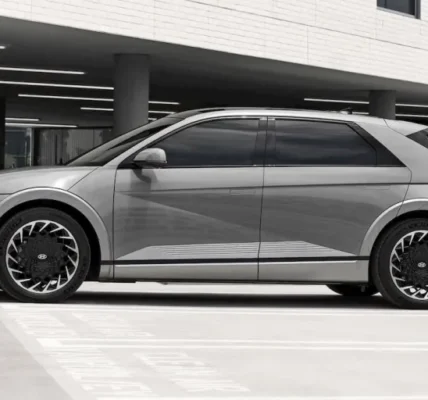Decades after helping establish Houston’s reputation as the Energy Capital of the World, oil and gas giant Shell is shifting its focus. The company recently published its Energy Transition Strategy 2024 report and announced it will be getting rid of about 1,000 gas stations over the next two years and funneling resources to expanding services for electric vehicles (EVs), journalist Suvrat Kothari wrote for InsideEVs.
“We are upgrading our retail network, with expanded electric vehicle charging and convenience offers, in response to changing customer needs,” read the report cited by Kothari. “In total, we plan to divest around 500 Shell-owned sites (including joint ventures) a year in 2024 and 2025.” That comes out to about 4 percent of the total number Shell-owned sites, per Kothari. The company also set a goal of cutting down customers’ carbon emissions from 2021, which was 569 million tonnes, by 25-30 percent by 2030. “Our target to become a net-zero emissions energy business by 2050 remains at the heart of our strategy,” the report stated.
In its strategic vision, Shell outlined a goal to almost quadruple its number of public charging stations. “We aim to increase the number of public charge points we operate to around 200,000 by 2030, from around 54,000 today,” executives wrote in the report. They cited Shell’s vast global network of service stations as a major competitive advantage. “We have other competitive advantages, such as our convenience retail offering which allows us to offer our customers coffee, food and other convenience items as they charge their cars.”
Shell will primarily focus on expanding EV service stations in China and Europe, where growing demand is highest, officials said in the report. Just six months ago in September 2023, Shell opened its largest EV charging station in Shenzhen, China, in partnership with Chinese automaker BYD.
It’s not clear which Shell locations will be taken offline and whether Houston stations will be impacted. The Bayou City has long been an oil and gas hub, but there’s been a recent push to go electric. One report from the Environment America Research and Policy Center found that investing in EVs instead of gas-powered fleets could yield the state of Texas about $864 million in lifetime savings.
In 2020, then Houston Mayor Sylvester Turner announced the city’s climate action plan, which included a call to convert all nonemergency, light-duty municipal vehicles to EVs by 2030. Houston leaders have made little progress in the years since, according to the Chronicle’s Yilun Cheng. She reported in February that battery-powered and plug-in EVs and hybrid vehicles only make up about 10 percent of the city’s nonemergency, light-duty fleet.
Still, data from the U.S. Department of Energy shows that Texas, overall, remains at the forefront of EV adoption. As of July 2023, it ranked third in the number of registered EVs—outmatched only by California and Florida—despite issues with available charging stations, the production and supply chain and public policy, per Cheng.








